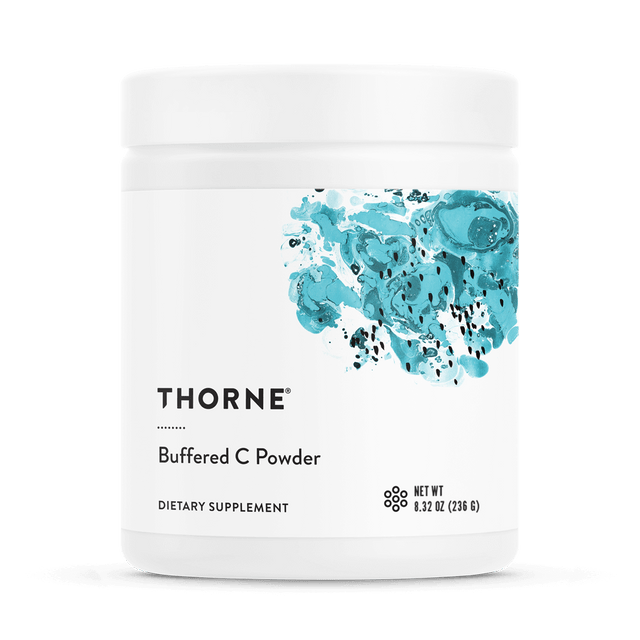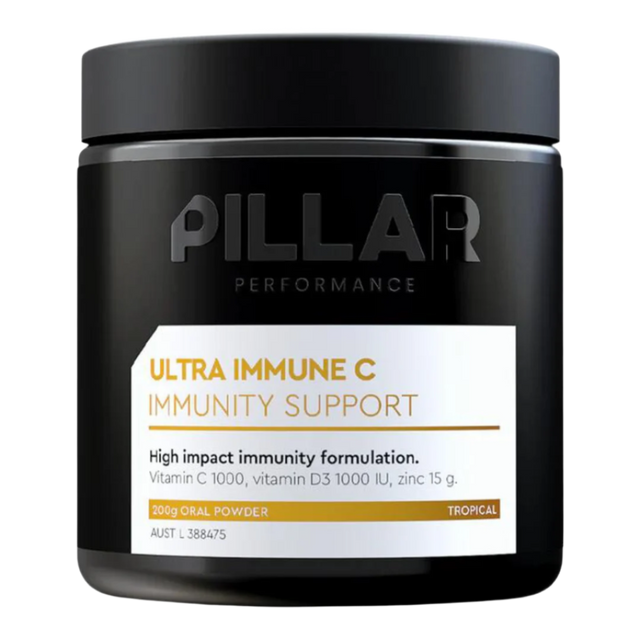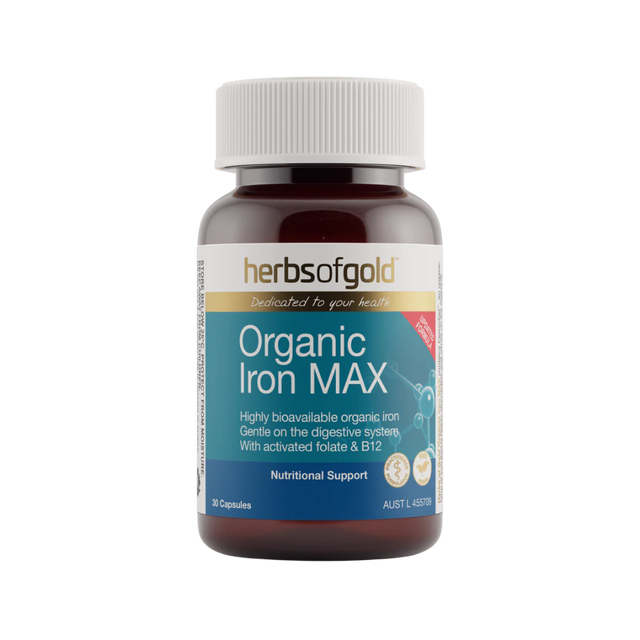Micronutrients
Micronutrients are often seen as inferior to the energy powerhouse of macronutrients and often given little thought to by the everyday athlete. However in sports nutrition micronutrients are almost equally important for optimal performance, yet seemingly undervalued. Micronutrients were discovered less than 100 years ago in 1926, which makes me wonder what else is in food that we haven't discovered yet? (1) Before we think too hard about that, let's look at what we do know about micronutrients.
What Are Micronutrients?
-
Micronutrients are vitamins and minerals needed by the body in very small amounts (2).
-
The most common deficiencies in the world are iron, vitamin A and iodine particularly in children and pregnant women (2).
-
Micronutrients can be divided into fat-soluble vitamins, water-soluble vitamins and minerals (3).
Fat-Soluble Vitamins
-
Fat-soluble vitamins include vitamins A, D, E, and K.
-
They get their name fat soluble vitamins since they are absorbed and transported in a manner similar to that of fats.
-
They can be stored in lipids throughout the body (4).
-
They are involved in physiological processes and support vision, bone health, immune function, and coagulation (4).
-
Supplementation should be monitored since they can be stored in the body and become toxic at excessive levels.
Fat-Soluble Supplements at Aid Station:
→ Herbs of Gold Vitamin D3 1000
→ Herbs Of Gold Calcium K2 with D3
Water-Soluble Vitamins
-
Water-soluble vitamins include Vitamin C and Vitamin B complex (5).
-
Water soluble vitamins are found in a variety of foods such as; vegetables and fruits, dairy, meat, legumes, eggs, fortified grains and cereals.
-
They act as cofactors in biochemical reactions, assisting with normal body growth and development, healthy skin, nerves and heart function and red blood cell formation (5).
-
Water soluble vitamins are not stored in the body and any excess will be excreted through urine.
Water supplements at Aid Station:
→ Herbs Of Gold Activated Sublingual B12
→ PILLAR Performance- Ultra B Active Peak Performance
→ PILLAR Performance- Ultra Immune C Jar
→ Switch Nutrition- Vitality Super Greens Powder
→ Switch Nutrition- Sleep Plus
Minerals
-
There are 16 essential minerals in the human body; calcium, phosphorus, sodium, potassium, magnesium, chloride, sulphur, iron, zinc, copper, manganese, selenium, iodine, molybdenum, chromium and fluorine (2).
-
Different minerals can be found in every type of food.
-
Minerals are essential for physiological pathways, cell protection, maintaining homeostasis and overall health (6).
-
Deficiencies can lead to a suppressed immune system, sleep disorders, fatigue, muscle cramps, heart and nervous system complications and poor bone health (6).
Mineral Supplements at Aid Station:
→ Herbs Of Gold Organic Iron Max
→ Herbs Of Gold Calcium K2 with D3
→ Herbs Of Gold Magnesium Forte
→ Herbs Of Gold Magnesium Powder High Strength
→ Herbs Of Gold Magnesium Night Plus
→ Pillar Performance- Triple Magnesium Recovery Powder
→ Precision Fuel & Hydration-Electrolyte Salt Capsules
→ Pure Sports Nutrition- Electrolyte Replacement Capsules
→ SaltStick Electrolyte capsule
→ Thorne Magnesium Bisglycinate
Should I Supplement With Micronutrients?
Supplementation of any nutrient is only recommended when dietary intakes are inadequate (7). If a deficiency is suspected, blood tests should be completed to identify if this is true and supplement recommendations advised by a health professional. If you experience symptoms like fatigue, trouble sleeping, recurring injury, bone health, poor recovery, muscle pain, heart or nervous system difficulties consult your doctor or dietitian about supplementation.
Ash Miller
Dietitian and Nutritionist (Masters)
Bachelor of Physical and Health Education
Instagram: @ashthomo_nutrition
Disclaimer:
The content in this blog is for general information only and is not a substitute for professional medical advice, diagnosis, or treatment. Always speak with your doctor or allied health team before changing your diet, exercise, or taking supplements, especially if you have a health condition or take medication. Please use this information as a guide only. Aid Station doesn't take responsibility for individual outcomes.
References:
-
Mozaffarian D, Rosenberg I, Uauy R. History of modern nutrition science-implications for current research, dietary guidelines, and food policy. BMJ. 2018 Jun 13;361:k2392. doi: 10.1136/bmj.k2392. PMID: 29899124; PMCID: PMC5998735.
-
World Health Organisation, Micronutrients, available from; https://www.who.int/health-topics/micronutrients#tab=tab_1, Accessed 12th Feb 2025.
-
Alghamdi M, Gutierrez J, Komarnytsky S. Essential Minerals and Metabolic Adaptation of Immune Cells. Nutrients. 2022 Dec 27;15(1):123. doi: 10.3390/nu15010123. PMID: 36615781; PMCID: PMC9824256.
-
Reddy P, Jialal I. Biochemistry, Fat Soluble Vitamins. [Updated 2022 Sep 19]. In: StatPearls [Internet]. Treasure Island (FL): StatPearls Publishing; 2025 Jan-. Available from: https://www.ncbi.nlm.nih.gov/books/NBK534869/#
-
Lykstad J, Sharma S. Biochemistry, Water Soluble Vitamins. [Updated 2023 Mar 6]. In: StatPearls [Internet]. Treasure Island (FL): StatPearls Publishing; 2025 Jan-. Available from: https://www.ncbi.nlm.nih.gov/books/NBK538510/#
-
Stathopoulou MG, Kanoni S, Papanikolaou G, Antonopoulou S, Nomikos T, Dedoussis G. Mineral intake. Prog Mol Biol Transl Sci. 2012;108:201-36. doi: 10.1016/B978-0-12-398397-8.00009-5. PMID: 22656379.
-
L'Abbé MR, Cockell KA, Lee NS. Micronutrient supplementation: when is best and why? Proc Nutr Soc. 2003 May;62(2):413-20. doi: 10.1079/pns2003263. PMID: 14506889.


















